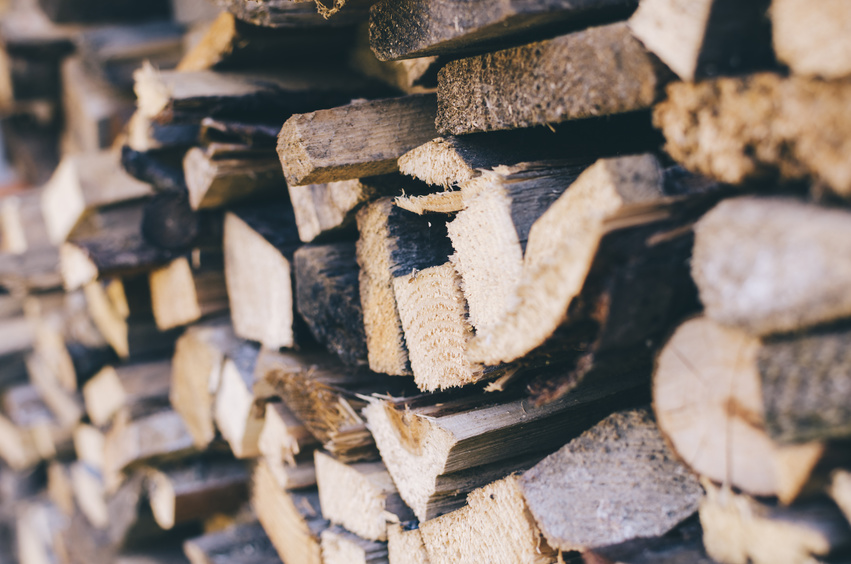
Residential wood boilers are placed outside and away from your house and burn wood to provide heat for your home and/or other structures. Outdoor wood boilers can be an effective and efficient means of heating that don’t rely on fossil fuels.
How It Works
Unlike an indoor stove, which sits directly in your home, an outdoor wood furnace is set up between 90 and 200 feet away from your house (although you can place them up to 500 feet away). The fire pit of the furnace is surrounded by a sealed water containment system, which is then heated around 185 to 200 degrees. The hot water is pumped into your home via insulated pipes buried underground. The 185-degree water is then run through a domestic hot water heat exchanger and then to your existing heat exchanger, which distributes the heat throughout your home. A residential wood boiler can be used to heat more than just your house and can heat swimming pools, garages, domestic water supply, and almost everything else.
Outdoor Versus Indoor Furnace
When people think about wood furnaces, they typically recall images of a big, bulky cast iron stove in someone’s living room. The outdoor wood boiler is the natural progression (and commonly the final one) of previous heating systems, such as the indoor stove. For starters, indoor wood stoves create hazardous air pollution, which can be increasingly dangerous for homes with small children. They also create a strong odor which some might find appealing for a while but eventually becomes stale and unpleasant. Finally, an indoor wood stove presents a heightened risk of fire danger. An outdoor woodstove sits away from your home, presents no smell because it’s using hot water to heat your house, and is extremely efficient. You don’t have to get special wood and can burn just about any type you want — even if it’s termite-ridden. However, the disadvantage to an outdoor wood boiler is that they produce a lot of smoke, which for someone in a suburban setting might pose a problem. They also can become easily worn out and rusted with time and age. The good news is that these disadvantages can be sidestepped by spending a little bit more money on a top-of-the-line boiler that has smoke control and made from quality materials.
Shopping for a residential wood boiler can be difficult, especially if you don’t know what you’re looking for. There are roughly 200,000 outdoor wood furnaces in use, so you can always ask other people and check online forums for helpful hints. Finding a trusted boiler manufacturer or dealer can be extremely helpful in this situation as well, so don’t be afraid to give one a call.
If you’re interested in a wood boiler and would like to talk more, give us a call today.